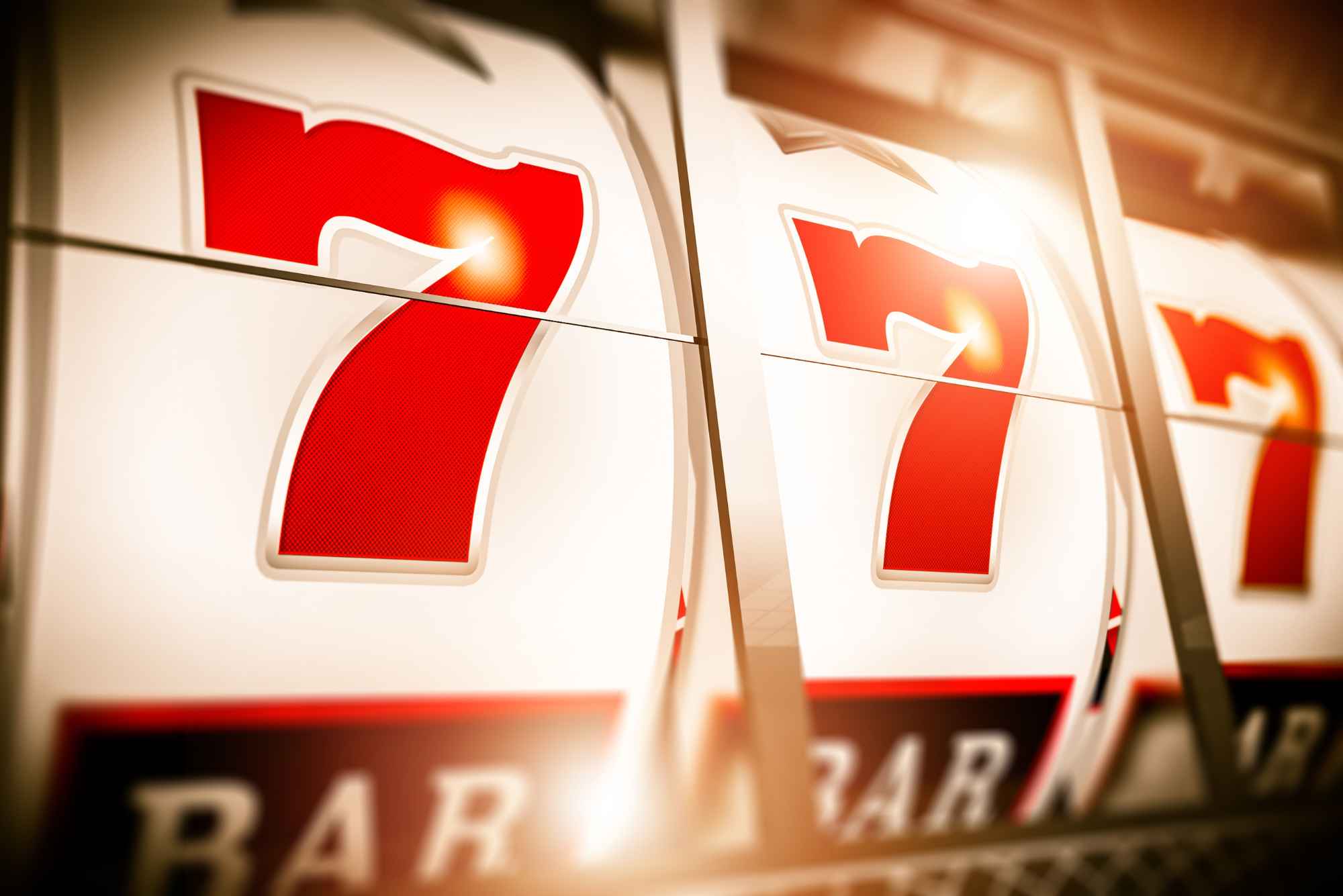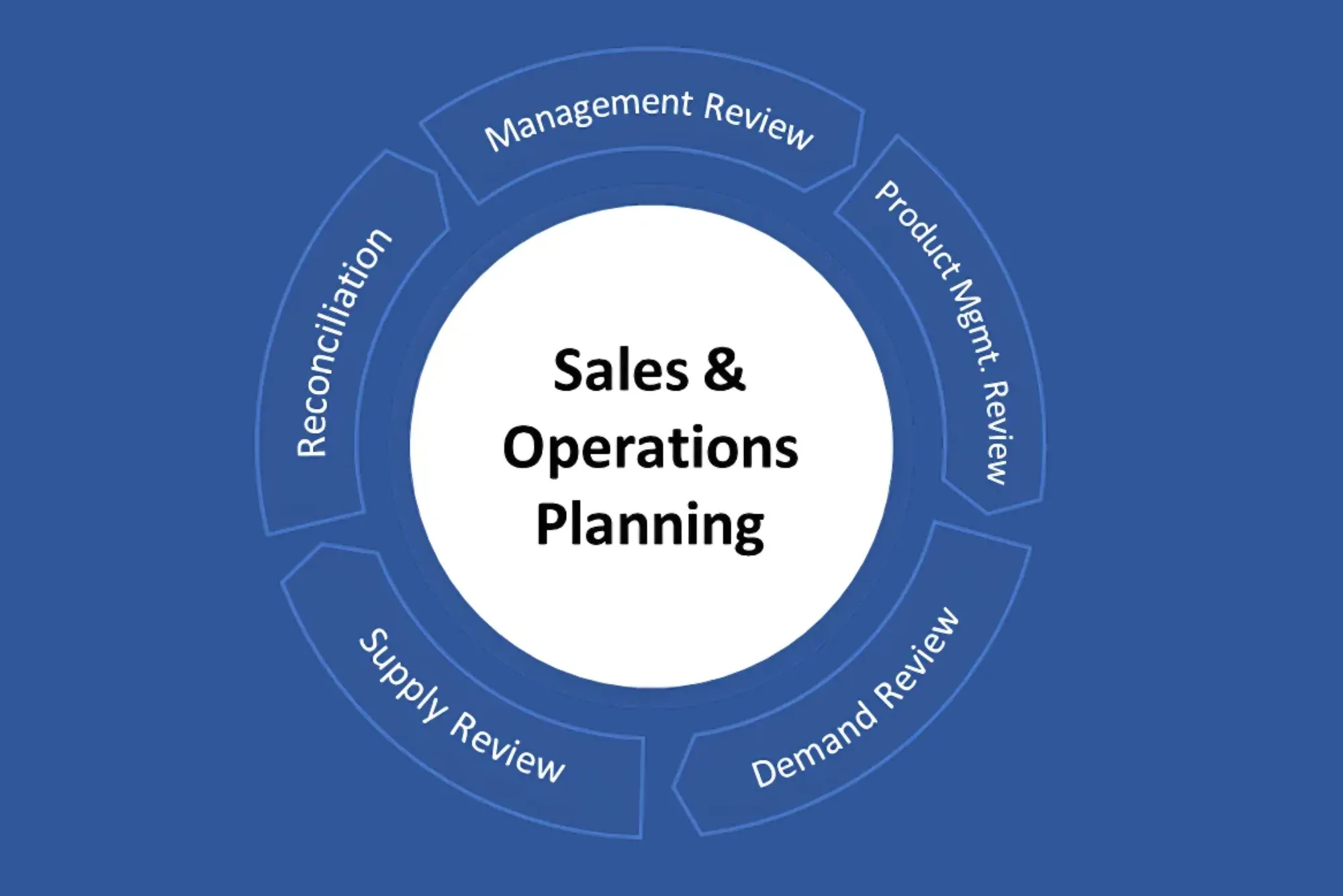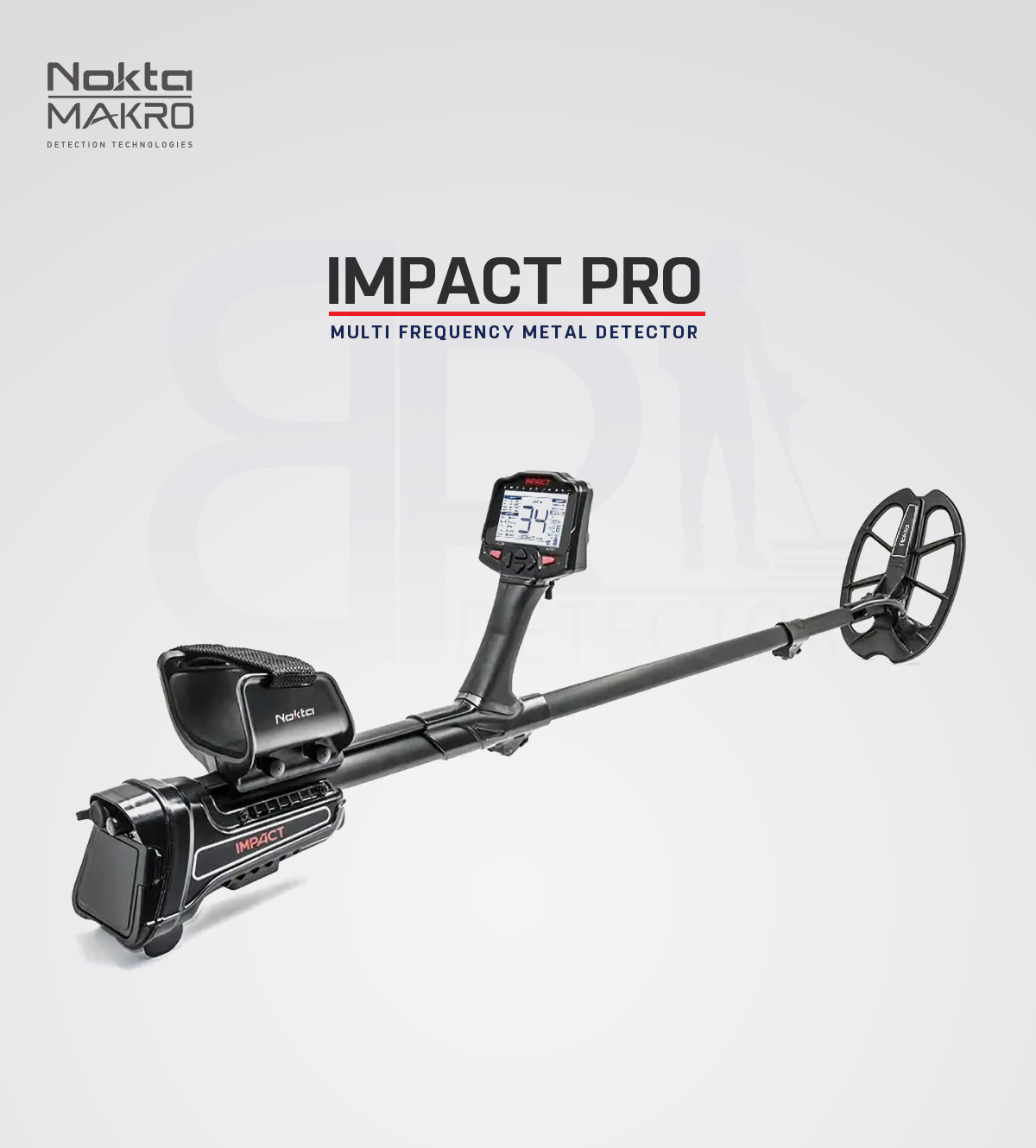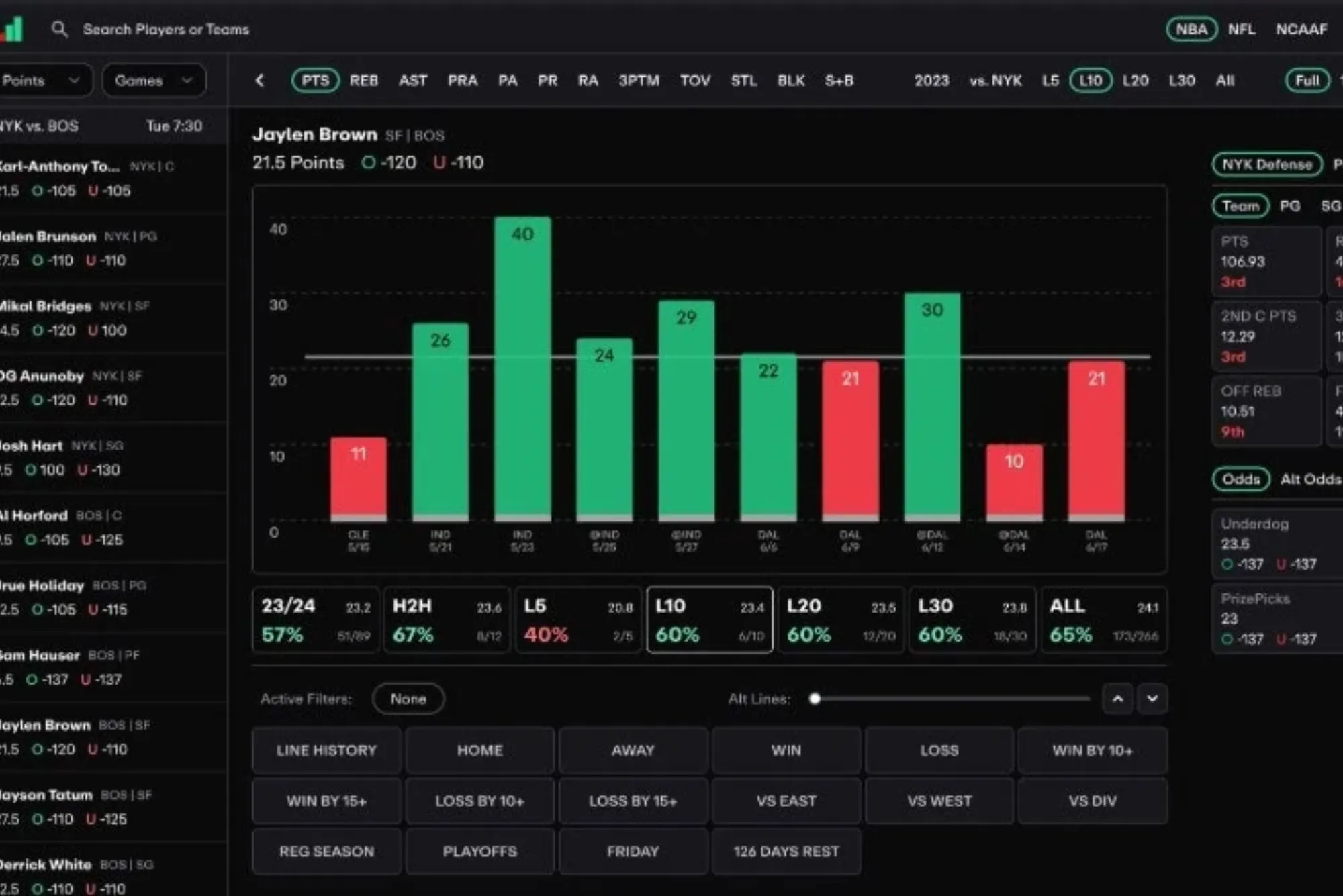Are new slot games at fast payout casinos more likely to deliver frequent wins? This question captivates both seasoned gamblers and newcomers eager to maximize their chances at online casinos. The allure of shiny new slots with cutting-edge graphics, immersive themes, and enticing bonus features often sparks curiosity about whether they pay out more often than older games. To answer this, we need to dive into how slot machines work, explore the mechanics behind payouts, and evaluate whether “new” equates to “better” when it comes to winning frequency at fast payout casinos.
Understanding Slot Machine Mechanics
Slot machines, whether at physical casinos or fast payout casinos, operate using a Random Number Generator (RNG). This sophisticated algorithm ensures that every spin is independent and random, making it impossible for casinos or players to predict outcomes. The RNG determines the result of each spin, ensuring fairness and eliminating any patterns that could be exploited. This randomness applies to both new and established slot games, meaning that “new” doesn’t inherently mean “more frequent payouts.” Instead, payout frequency depends on specific game attributes like Return to Player (RTP) percentages and volatility, which we’ll explore next.
The Role of RTP in Payout Frequency
Return to Player (RTP) is a critical metric that indicates the percentage of wagered money a slot machine is programmed to return to players over time. For example, a slot with a 96% RTP will, on average, pay back $96 for every $100 wagered. However, this is a long-term average, calculated over millions of spins, and individual sessions can vary widely. New slot games at fast payout casinos often advertise high RTPs—sometimes as high as 97% or 98%—to attract players. For instance, games like Book of 99 or Mega Joker boast RTPs near 99%, which are among the highest available.
Does a high RTP mean more frequent payouts? Not necessarily. While a higher RTP suggests better long-term returns, it doesn’t guarantee frequent wins. RTP is more about the total amount returned over time, not how often wins occur. A slot with a 98% RTP might still have long dry spells if it’s a high-volatility game, which brings us to the next key factor.
Volatility: The Key to Payout Frequency
Volatility, or variance, is the measure of risk associated with a slot game. It determines how often and how much a slot pays out. Slots are typically categorized as low, medium, or high volatility:
Low Volatility: These slots pay out smaller amounts more frequently, ideal for players who prefer consistent, smaller wins to keep their bankroll steady.
High Volatility: These games offer larger payouts but less frequently, appealing to players willing to endure longer losing streaks for a chance at big wins.
Medium Volatility: A balance between the two, offering moderate wins at a reasonable frequency.
New slot games at fast payout casinos often lean toward high volatility to create buzz with massive jackpot potential, such as progressive slots like Mega Moolah, which can offer million-dollar prizes. However, these games may not pay out as frequently as low-volatility slots, which could disappoint players seeking regular wins. For example, a new high-volatility slot might advertise a huge maximum win multiplier, but the chances of hitting it are slim, with fewer small wins to sustain play.
When choosing a new slot, consider your playing style. If frequent payouts are your goal, opt for low-volatility games, which are often labeled as such in the game’s info section. Many fast payout casinos, like BetMGM or FanDuel, provide filters to help you find slots by volatility or RTP, making it easier to select games that align with your preferences.
Do New Slots Have Better Payout Rates?
The idea that new slot games pay out more frequently is a common myth, often fueled by the excitement surrounding their release. Casinos and game developers use new slots to attract players with innovative features like cascading reels, expanding wilds, or interactive bonus rounds. These features can create the illusion of better odds, but they don’t necessarily increase payout frequency. In fact, some new slots may have lower RTPs or higher volatility to offset the cost of their advanced graphics and features.
That said, new slots sometimes come with promotional offers, such as free spins or deposit bonuses, which can indirectly boost your winning potential. For example, FanDuel Casino might offer 500 bonus spins on a new slot like Huff N’ More Puff for new players in states like NJ, PA, MI, or WV. These bonuses extend your playtime, giving you more chances to hit a win without risking additional funds. However, the base payout mechanics remain unchanged, governed by the RNG and the game’s programmed RTP and volatility.
The Impact of Regulation and Fairness
One concern players often have is whether casinos can manipulate payouts, especially for new slots. In regulated markets like the UK, New Jersey, or Michigan, this is highly unlikely. Licensed fast payout casinos, such as those overseen by the New Jersey Division of Gaming Enforcement or the UK Gambling Commission, must adhere to strict standards. Independent auditors like eCOGRA or iTech Labs regularly test RNGs and RTPs to ensure fairness. For example, a 2014 eCOGRA report showed that a casino returned 96.91% of wagers across all games, with baccarat hitting 99.08%. This transparency ensures that new slots at reputable casinos aren’t rigged to pay out less—or more—than advertised.
Casinos have no incentive to alter payouts frequently, as it’s a complex process requiring regulatory approval in many jurisdictions. Changing a slot’s RTP involves swapping out software or firmware, a time-consuming task that’s rarely done. Instead, casinos rely on the house edge—typically 2-8% for slots—to ensure long-term profitability, regardless of whether a game is new or old.
Tips for Maximizing Wins on New Slots
To improve your chances of winning on new slot games, consider these strategies:
Check the RTP and Volatility: Always review the game’s paytable or info section to understand its RTP and volatility. Aim for slots with RTPs above 96% and volatility that matches your risk tolerance.
Leverage Bonuses: Take advantage of welcome bonuses or free spins offered by fast payout casinos. These can extend your playtime and increase your chances of hitting a win.
Play Demo Versions: Many casinos offer free demo modes for new slots. Use these to test the game’s mechanics and payout patterns before wagering real money.
Set a Budget: High-volatility slots can be tempting but risky. Set a strict budget to avoid chasing losses, especially on new games with big jackpot promises.
Choose Reputable Casinos: Stick to licensed casinos like Wild Casino or BetMGM, known for fast payouts and fair games. These platforms often feature high-RTP slots and transparent payout policies.
Conclusion
So, do new slot games at fast payout casinos payout more frequently? The answer is no—not inherently. Payout frequency depends on the game’s RTP, volatility, and RNG, not its release date. New slots may offer exciting features and promotional bonuses, but their payout mechanics are similar to older games. To maximize your wins, focus on selecting high-RTP, low-volatility slots and take advantage of casino bonuses. By understanding these factors and choosing reputable fast payout casinos, you can enhance your gaming experience and improve your chances of walking away a winner. Always gamble responsibly, and enjoy the thrill of the spin!











